The European Central Bank cut interest rates last month to avert unnecessary damage to the economy, with policymakers taking the view they could pause a December cut if activity picked up, minutes of the meeting show.
The central bank’s governing council gave unanimous support to October’s decision to cut rates by 0.25 percentage points to 3.25 per cent, arguing that “the disinflationary trend was getting stronger” and that it was important to avoid “harming the real economy by more than was necessary”.
The account, published on Thursday, suggests hawks on the council were convinced to back the decision by framing it as an exercise in “risk management” that could potentially offset the need to cut again, or by as much, at the December meeting if the outlook for Eurozone growth improved.
If a slowdown in the eurozone’s economic activity and an unexpected dip in inflation proved to be temporary, “a decision to cut rates now could, ex post, turn out as merely having brought forward a December cut”, the minutes said, adding: “As such, there was little risk associated with cutting.”
A few members initially wanted to wait until December to cut but were won over by “the precautionary risk management case for cutting now”.
Concerns over growth centred on the weakness in consumption, but policymakers also pointed to the risks of “an escalation in trade tensions between major economies” that could hit Eurozone exports.
Carsten Brzeski, economist at ING, said ECB members appeared to have acted on “a queasy gut feeling” and “the fear of falling behind the curve”, despite some scepticism about whether inflation had really been tamed.
Data released since the ECB last met has shown Eurozone inflation rose from 1.7 per cent to 2 per cent in October, slightly higher than analysts had forecast.
Activity has also proved stronger than the central bank was expecting, with figures released on Thursday confirming GDP grew by 0.4 per cent in the third quarter, compared with the ECB’s forecast of 0.2 per cent growth.
However, market pricing suggests investors are still factoring in the possibility of a big rate cut from the ECB in December to shore up growth.
“With the results of the US election, risks to the Eurozone growth outlook have clearly shifted to the downside,” Brzeski said, adding that “if the ECB’s gut feeling doesn’t change”, the decision in December would not be about whether to cut but whether to cut by 25 or 50 basis points.

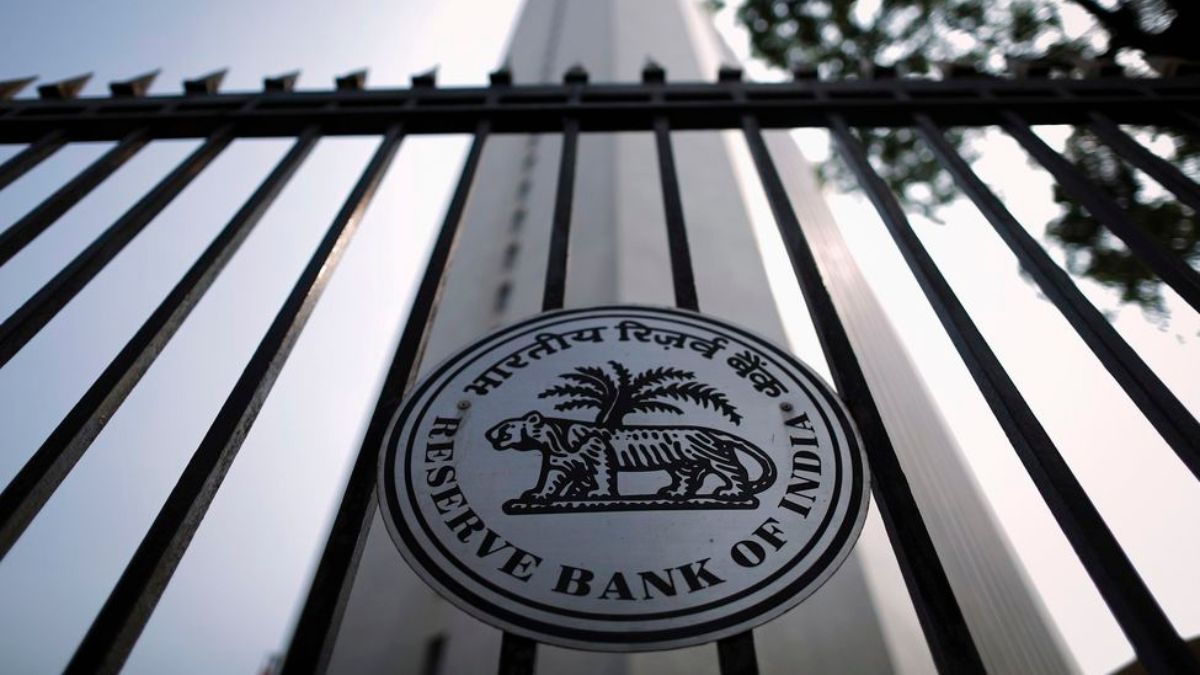
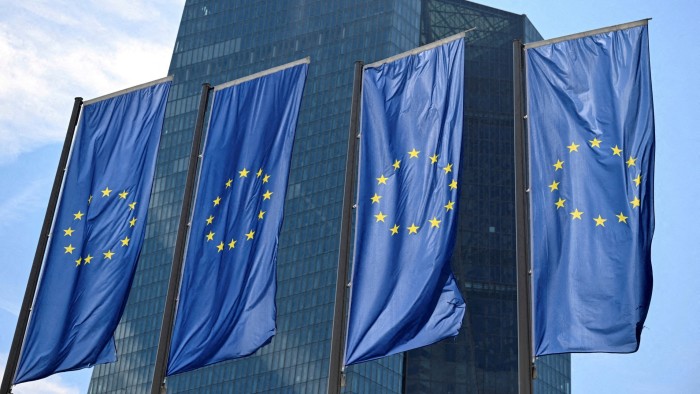

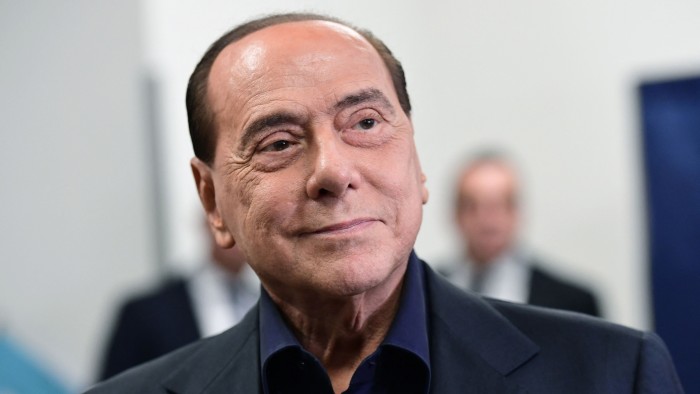

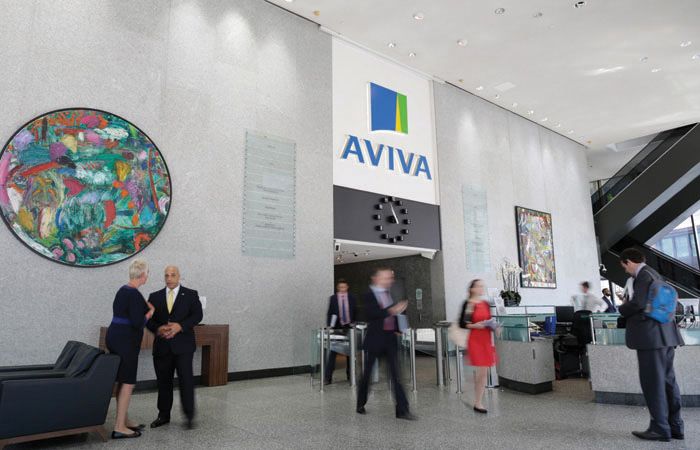

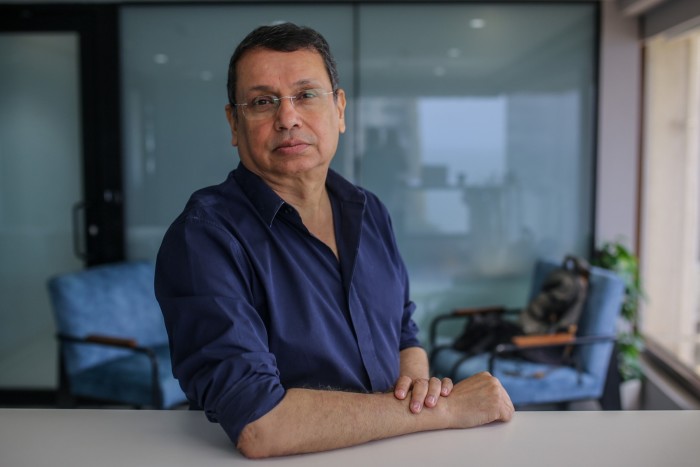


































































































































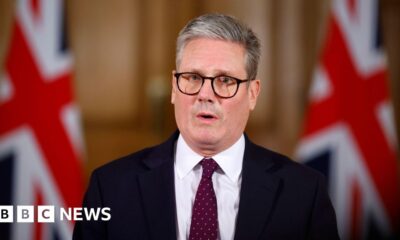































You must be logged in to post a comment Login